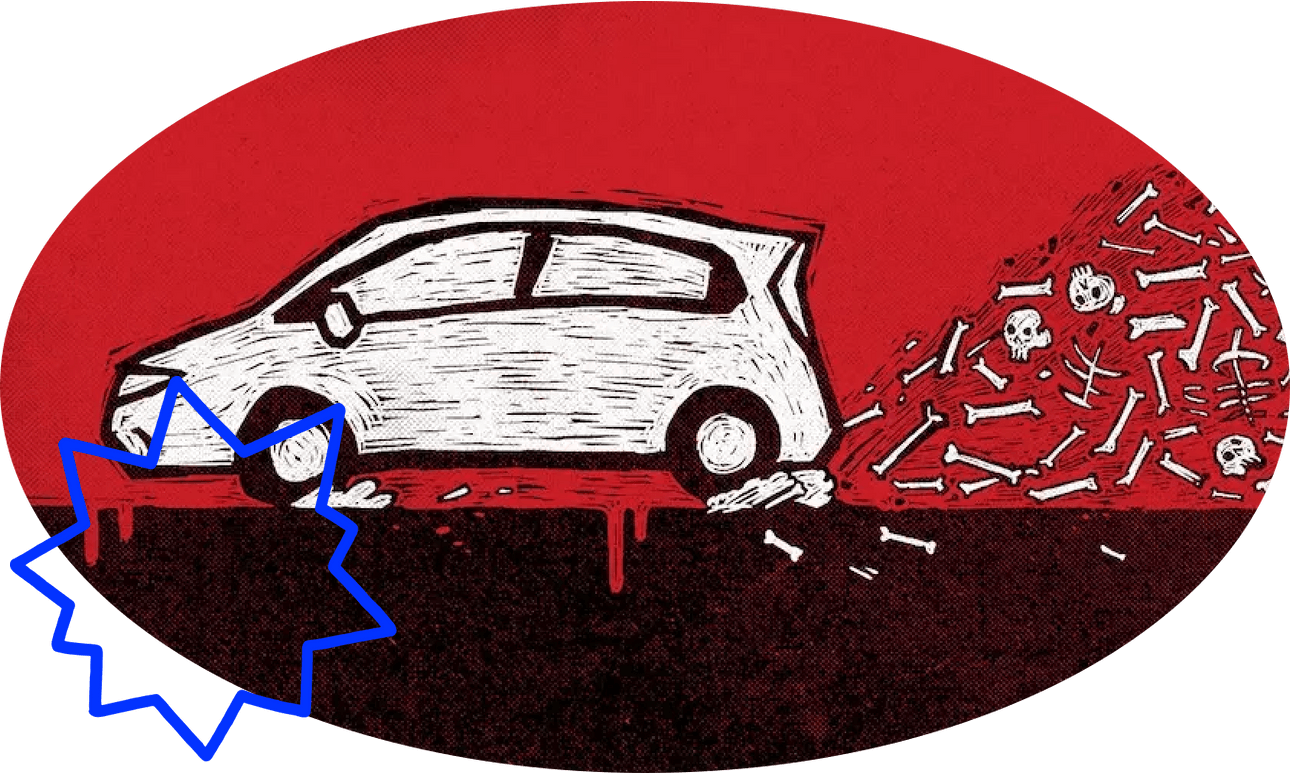A historic ruling made yesterday by the Employment Court has paved the way for New Zealand Uber drivers to gain employment rights. Charlotte Muru-Lanning talks to one of the four drivers involved in the case.
The road to a landmark decision finding that Uber drivers are employees, not contractors, began in the rideshare driver waiting area of Wellington Airport.
More specifically, it was solidarity built over burgers and fries, where drivers would meet up at the nearby Burger King to discuss their experiences and the prospect of taking action, explains Bill Rama, one of the four Uber drivers who testified against the company in court. It started with “probably about 20 of us, and then it just got bigger and bigger and bigger,” he says.
In a groundbreaking ruling yesterday, the Employment Court found that four current and former Uber drivers were employees, rather than independent contractors as the company claimed.
In the hours after the judgement was made, Rama said over the phone, “it’s a good day for all Uber drivers in New Zealand”.
Alongside Rama, three other plaintiffs, Julian Ang, Mea’ole Keil and Nureddin Abdurahman, had sought a declaration that they were employees under section six of the Employment Relations Act during a three week long hearing in June.
Following similar examples in the UK, Switzerland and France, the judgement made yesterday by chief judge Christina Inglis concluded that “Each of the plaintiff drivers was in an employment relationship when carrying out driving work for Uber and is entitled to a declaration of status accordingly.”
Although the judgement clarified that the declaration only directly attaches to the four applicants, it also noted that it could have wider repercussions for the thousands of drivers of the rideshare company. “While a declaration attaches to the individual applicant worker it may well have broader impact, particularly where, as here, there is apparent uniformity in the way in which the companies operate, and the framework under which drivers are engaged,” the judgement said.
Rama started driving for the company three and half years ago. He’d just separated from his wife and had shared custody of his son. Enticed by the perceived flexibility of driving for Uber, he downloaded the app and began carting passengers around town part time, alongside his hospitality job.
Quickly, he realised the conditions for drivers were subpar. “The thing is, people want work so they’re gonna take a job without knowing the conditions,” he says. “It’s when you start working that you find out you don’t get this or that.”
Driving for the company, he says, is characterised by a lack of ability to communicate with Uber, a lack of guaranteed wages and feeling of being controlled by the company and its app. In court, lawyers acting for the plaintiffs argued that the company “drip feeds” information to drivers around fares, pickup and drop-off locations, fees and reasons for driver termination. “Some days you do really well,” he says. But there’s no guarantee, you might have a shit day where you end up below minimum wage.”
The peculiarities of the job, namely that drivers are dispersed in their own cars with no shared spaces, in some ways make it difficult to build unity, or to even figure out whether others in the line of work are sharing the same experience.
Initially, Rama says he was concerned Uber would cut him off if he became involved in the case, but was reassured by the unions that “they’re unlikely to touch you because you’re actually leading the case”.
While the three other drivers involved in the case no longer drive for Uber, Rama still drives around 30 hours a week, racking up around 1,000km on his odometer in that time. Having been deemed to be an employee of the company, Rama will now be entitled to statutory employment protections, including minimum wage, annual leave, sick leave, protection from unjust dismissal, and Kiwisaver contributions.
In practice, this means “if I’ve got to take a day off to look after my son, at least I can do that without worrying,” he says. “[On Labour Day] my girlfriend, she’s in an office job and she wanted to spend the day together, but Monday is my day that I have to work because if I don’t work I don’t get money, basically, and I’ve got bills to pay”. Next Labour Day, Rama will likely be able to take a paid day off to spend with his family.
Is there more work to be done? “Yep,” says Rama. “Now we’re in the process of how we’re going to go about it.” In a statement made to 1News, Uber said it was reviewing the decision and will be filing an appeal. But the win is a massive opportunity says Rama, with the potential for collective bargaining. His advice to fellow Uber drivers is to join the Uber drivers’ union as soon as possible.
Both First Union and E tū union, who brought the case against Uber, hailed yesterday’s decision as “historic”. “This is a landmark legal decision not just for Aotearoa but also internationally – what a way to finish Labour weekend” said Anita Rosentreter, First Union’s strategic project coordinator, in a press release. “Uber has bullied its way into cities all over the world with a deliberate strategy of breaking the law and exploiting drivers – that ends here in Aotearoa today.”
“More than anything else, we did it to prove that Uber drivers deserve this,” says Rama. “It’s not just for the people that testified, it’s for everybody.”



